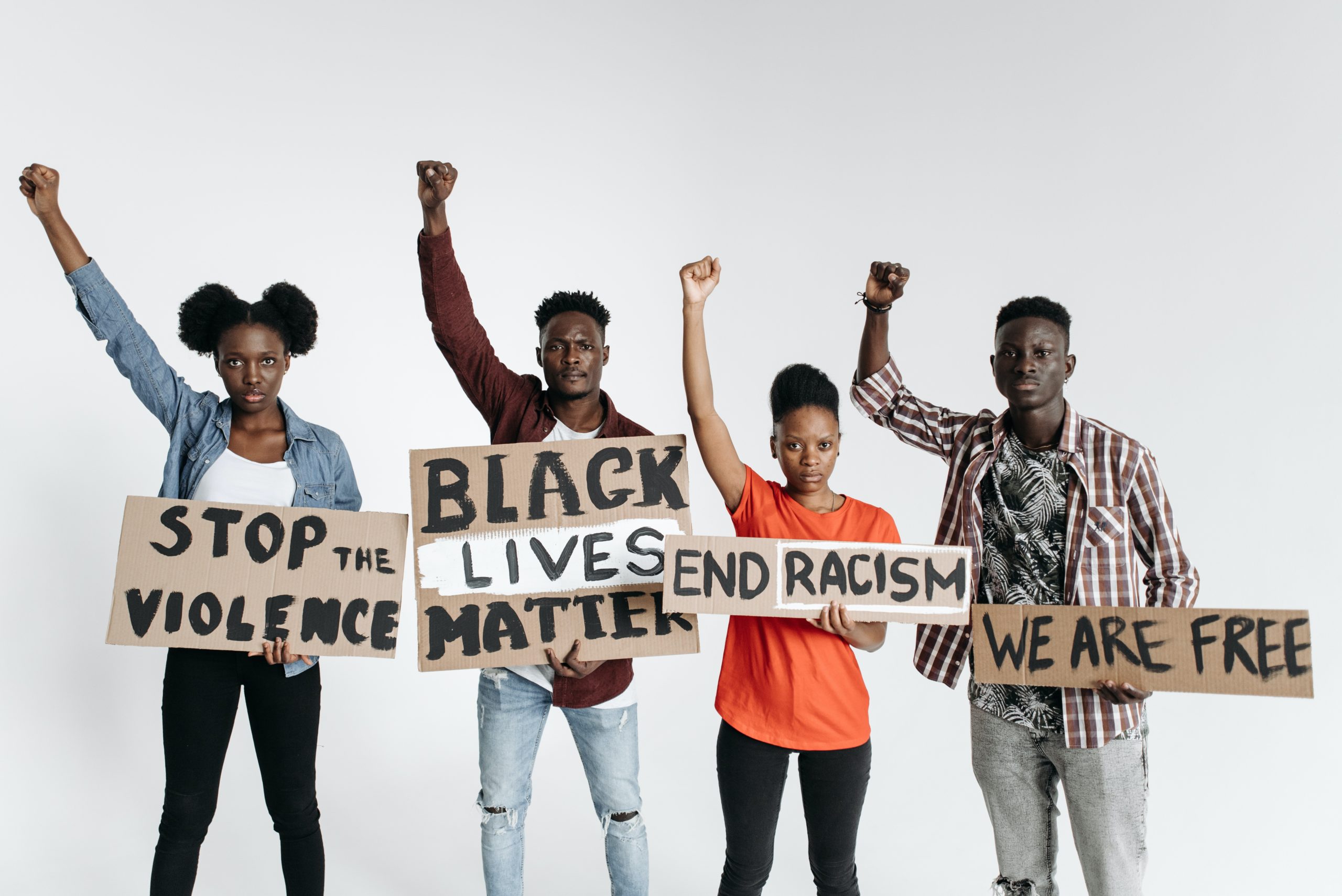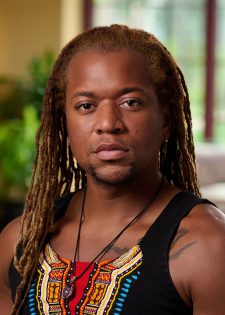Black History Is US History

In the wake of the murder of Tyre Nichols, in the wake of the memory of George Floyd, in the wake of the anniversary of Amir Locke on the land that once held Dred Scott captive, we are reminded that Black history is a history of carrying the hope of freedom even in our darkest days; our history is one of struggle and beautiful resilience in the face hopeless violence and loss and unspeakable love and hope.
Even now, we are running out of ways to request other ways to die. We are running out of ways to say stop killing us. We are running out of ways to request, demand, and demonstrate for drinkable water and livable homes. We are running out of ways to make separate but (un)equal a thing of the past. We are running out of ways to protect our children from bullets. We are running out of ways to birth children, safely. We are running out of ways to survive in food deserts. We are running out of ways to evade and avoid police contact, never mind search, seizure, and terror. We are running out of ways to make fortresses of moldy, hurricane-struck, and dilapidated homes. We are running out of ways to make ways out of no ways. We are running out of ways to make Black lives more than mere matter, or excess collateral. We are running out of ways to live in the wake of an always, already looming death. America is running out of time, to think differently about the Black in black letter law and how Black living is rendered furtive and strictly scrutinized, always, already. African Americans, and other Black people in America, continue to exist “in the wake”—and contend with the afterlives—of slavery. This is not to say that we are in the identical position of our Ancestors but instead that we inhabit a similar relational floor and struggle against the remnants of its logics and power structures—particularly legal but also social, political, and economic—that operate as bulwarks against the completion of full emancipation. For us, emancipation has been a long, anemic, and never-ending sojourn; one that is often captive, at a standstill or pushed into a cyclical retreat. While the Civil War ended most of chattel slavery and ushered in the Reconstruction Amendments, an epidemic of lynching, as well as the Black Codes—laws regulating Black movement, stillness, speech, and legal pleadings—and Jim & Jane Crow rose in their wake. When Jim & Jane fell from public favor and were mostly retired—from the public eye—racial and racial-sexual profiling became innovative technologies of subordination and othering, providing handy public logics (reasons) for surveillance, search, and seizure. Black people have been rendered inherently furtive—of a sly or suspect character, or alternatively, the manifestation of criminal, violent, or corrupt intent and coming action—since before the Federalist Papers were written. This furtivity is both a lethal ascription—that transmutates much of Black life into a living, damning body of evidence necessitating police contact and state violence or neglect—and a death-defying interiority that operates as a studied, communal knowledge, allowing for Black people to live and operate in ways that obscure surveillance, search, seizure, and various forms of state sponsored subordination. Put differently, we have come to learn how to exist as abolitionists, understanding that we are always, already marked as the looming threat to a public safety for a citizenry, a notion that we lack an enduring claim to; the incomplete emancipation.
This is why we must know our history. This is why we must bear good witness. This is why we must stand in the truth of present, our past and the real challenges of the future; so that we can help midwife and birth a better Black future for the children who come next. We must never forget where we’ve been, nor can we forget the hope that has sustained us over the centuries, that has shaded us despite the bright lights of white supremacy, that inspired us to cling to life in musty holds across the Atlantic. History is our shield and our sword of truth and our tether to powers and strength bequeathed by those who came before us. We must never forget, lest we become lost in the narratives thrust upon us; internally or by external state and political powers that be. We are the ones we have been waiting for and we bear witness—as lawyers and social engineers of a just society in wait—to map a new path forward toward healing, justice and sustainable, thriving Black life.
“Power concedes nothing without a demand. It never did and it never will. Find out just what any people will quietly submit to, and you have found out the exact amount of injustice and wrong which will be imposed upon them; and these will continue till they are resisted with either words or blows, or with both. The limits of tyrants are prescribed by the endurance of those whom they oppress.”- Frederick Douglass
| Written by: Dr. T. Anansi Wilson (JD/PhD) Associate Professor of Law Founding Director, Center for the Study of Black Life and The Law Mitchell Hamline School of Law |

